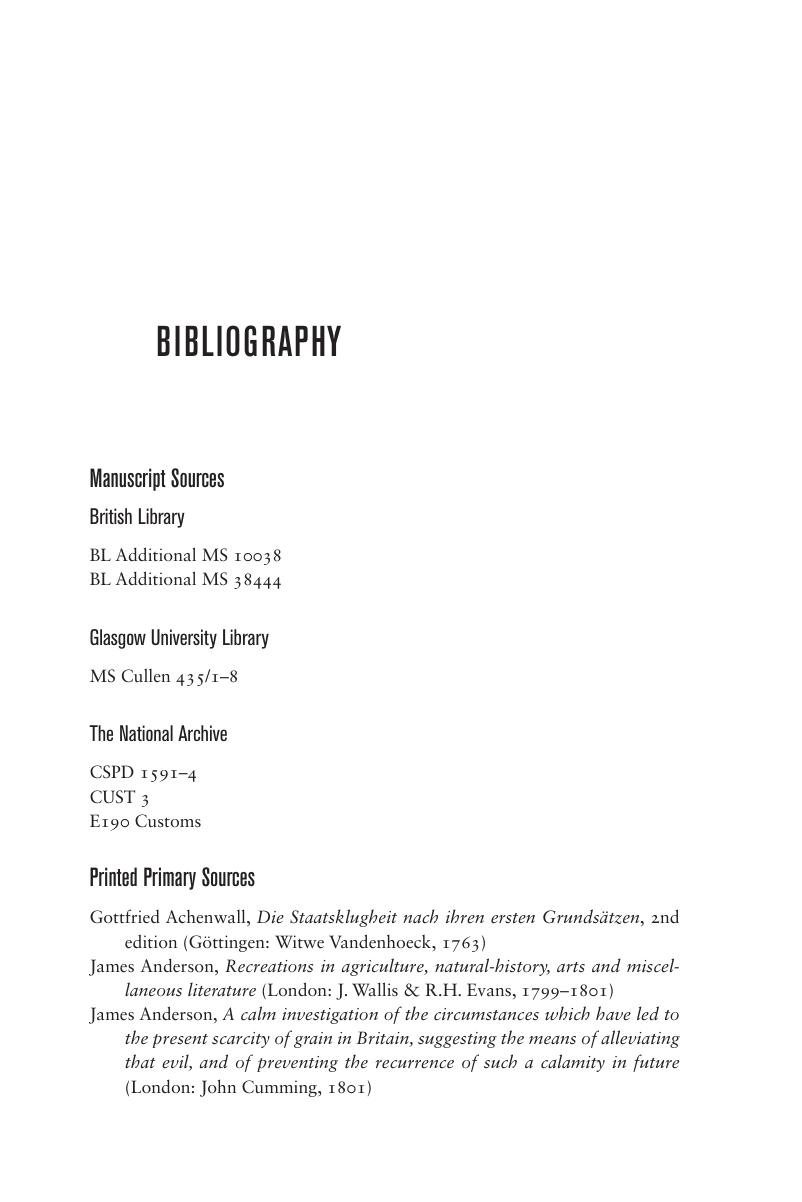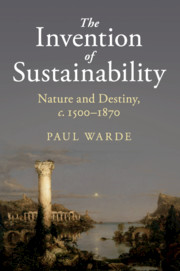Book contents
- The Invention of Sustainability
- The Invention of Sustainability
- Copyright page
- Dedication
- Contents
- Acknowledgements
- Abbreviations
- Introduction
- 1 Living from the Land, c. 1500–1620
- 2 Governing the Woods, c. 1500–1700
- 3 Ambition and Experiment, c. 1590–1740
- 4 Paths to Sustained Growth, c. 1650–1760
- 5 Nature Translated, c. 1670–1830
- 6 Theories of Circulation, c. 1740–1800
- 7 Political Economies of Nature, c. 1760–1840
- 8 History and Destiny, c. 1700–1870
- Conclusion: Ends and Beginnings
- Bibliography
- Index
- References
Bibliography
Published online by Cambridge University Press: 22 June 2018
- The Invention of Sustainability
- The Invention of Sustainability
- Copyright page
- Dedication
- Contents
- Acknowledgements
- Abbreviations
- Introduction
- 1 Living from the Land, c. 1500–1620
- 2 Governing the Woods, c. 1500–1700
- 3 Ambition and Experiment, c. 1590–1740
- 4 Paths to Sustained Growth, c. 1650–1760
- 5 Nature Translated, c. 1670–1830
- 6 Theories of Circulation, c. 1740–1800
- 7 Political Economies of Nature, c. 1760–1840
- 8 History and Destiny, c. 1700–1870
- Conclusion: Ends and Beginnings
- Bibliography
- Index
- References
Summary

- Type
- Chapter
- Information
- The Invention of SustainabilityNature and Destiny, c.1500–1870, pp. 360 - 398Publisher: Cambridge University PressPrint publication year: 2018



